STOTT, Robert
- pixeltoprint
- Sep 4, 2021
- 4 min read
Robert STOTT was born on the 13th of July 1958 in Scotland and died on the 6th of May 1928 aged 69 years. He joined the South Australia Police Force in May 1882. He transferred to the Northern Territory on 1 December, 1883 as a Mounted Constable.
He became Commissioner of Central Australian Police in 1927, when the Territory was divided in two. After his death the Commissionership reverted back to the Government Resident of the Northern Territory in Darwin. STOTT served almost 46 years in the Territory. He served throughout the Territory: mainly Borroloola, Southport, Roper River (10 Years), Palmerston and many years in Alice Springs. Stott Terrce in Alice Springs and Mt.Stott, 150 miles N/E of of the town, are named after R. STOTT.
STOTT was on Leave in Adelaide, prior to his retirement, when he was hit by a Glenelg mail train at Wayville on the 5 May 1928. He died the following day. (It is reported elsewhere that Robert Stott died on 5/5/1928 and that he was run over by the train on 4/May 1928).
Service Record
Name STOTT Robert Joined 1/8/1882
Date of Birth 13th July 1858
Place of Birth Kincardene, Scotland
Previous Occupation Labourer
Height 5 ft 8 ins
Date of Appointment Rank Station or Promotion
1-8-82 3rd class Foot Constable Adelaide.
1-12-1883 Northern Territory Police Roper River.
1-5-1886 3rd class Mounted Constable N.T.
1-10-1886 2nd class Mounted Constable.
1-1-1897 1st class Mounted Constable.
1-12-1911 Mounted Constable.
31-12-1912 Resigned (Under Commonwealth Control)
Attached to this file on Robert Stott is;
A Gazette Notice - Stott appointed as Commissioner for South Australia.
Letters - From Stott in relation to leave.
Wedding Notice - to Mary
Newspaper Articles - large collection of articles that require sorting and the creation of an index.
In a letter from Dick Kimber he states that Robert Stott married twice and that his second wife being the barmaid from the Vic Hotel in Darwin. Dick later stated that Robert was survived by four sons and two daughters.
Another biography for consolidation
Robert Stott
Robert Stott was born on 13th July 1858 in Edinburgh, Scotland.
In 1882 he joined the South Australia Police and was transferred to Palmerston in December 1883. He served at Southport, Adelaide River, Roper River, Burrundie, Borroloola and then in 1911 he was transferred to Alice Springs.
Following the acquisition of the Territory by the Commonwealth Government, in 1911, he resigned from the SA police and re-enlisted in the Northern Territory Mounted Police as Sergeant in Charge in Alice Springs.
In 1927, Lord Stradbroke from SA visited Alice Springs and when asking school children who their king was, received the answer ‘Bob Stott’
On 1st March, 1927 the Northern Territory was split for administrative purposes into two sections with the 20th parallel of latitude as the boundary between the Territory of North Australia and the Territory of Central Australia. Each territory had its own Government Resident and its own police force.
Robert Stott was appointed by the Federal Government to Commissioner of Police of the Territory of Central Australia.
He retired in 1928 and, whilst on final leave of absence, the man who had survived endless hardships and danger in the north was struck by at train at Wayville, SA and died.
Compiled by Leo Fogarty, SA
This narrative is a compilation of information relating to Robert Stott.
The service of both Robert Stott and his son Gordon are detailed in an article that appeared in the Dec 1965 edition of Citation. You can read it in the Citation Magazine page or in a page containing just this article (link below).
The following article mostly concers Robert's son Gordon.
Revolution for the N.T. Mounties By Douglas Lockwood
There is more information about Robert Stott in the Flinders Ranges Research Website supplied by Leo Fogarty.
The Australian Dictionary of Biography also contains an entry on Robert Stott with references to several sources.
From "A Force Apart?" p.130 Two members of the same family, Robert Stott (commonly known as Bob Stott) and his son, Cameron Gordon Heaslop Stott (hereafter referred to as Gordon Stott), were to set a record for service to the Northern Territory. Father and son served in the police force for a combined period of 88 years. Robert Stott was born in Edinburgh, Scotland, in July 1858. After leaving school, he became a constable in the Lothian Police (now the Lothian and Borders Police Force). Together with two friends, he left Scotland at a young age and sailed to South Australia, where he settled in Adelaide. In August 1882, he enlisted in the South Australian Police Force as a Foot Constable. He arrived in Darwin in December 1882. In 1900, he married Mary, who had arrived from England only a few months before. He was stationed at Burrundie in 1901 when Mary died shortly after giving birth to a daughter. Stott’s infant daughter, Lily, survived her mother by only five weeks. Bob Stott married again a year later, this time to Agnes Heaslop of Cooktown, Queensland. The couple had six children, of whom one, Gordon, the second eldest, was to follow his father’s example and serve as a police officer. Bob Stott had a varied career as a police officer, serving at Katherine, Burrundie, Roper River, Alice Springs and Borroloola (twice). His longest posting was at Borroloola between February 1904 and August 1911. In 1912, he became the Sergeant in Charge of the Alice Springs Police Station. He became Commissioner of the Central Australian Police Force in 1927 when the Northern Territory became two separate territories. He remained in Alice Springs until his retirement in 1928. On his final leave, he was struck by a train whilst in Adelaide and died early the following day. He was considered by his contemporaries as a gentleman and a good police officer.
News Clipping
Supreme Court,
Darwin, 10th July, 1911.
HIS Honor Samuel James Mitchell, Esq.,
The Judge of the Northern Territory of Australia, has appointed the following Clerks of Local Courts to be Commissioners for taking affidavits in the Supreme Court of the Northern Territory of Australia during the continuance of their respective offices as Clerks of Local Courts : -
John Henry Niemann, of Playford
Francis George Burt, of Darwin
Robert Stott, of Borroloola
John Graham Dow, of Alice Springs.




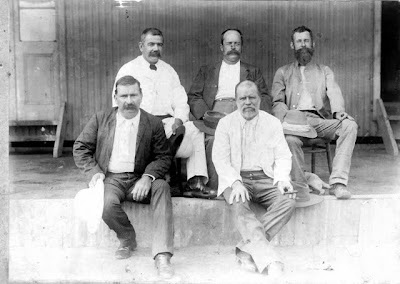

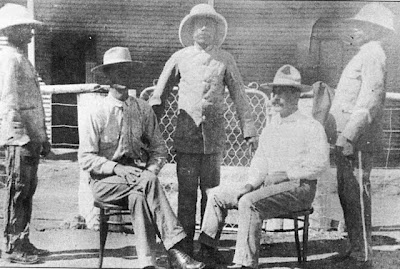

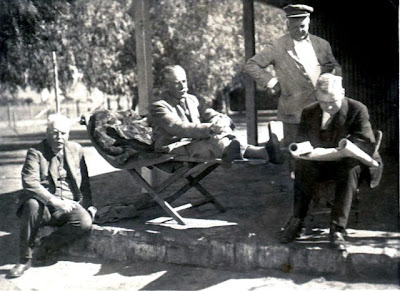
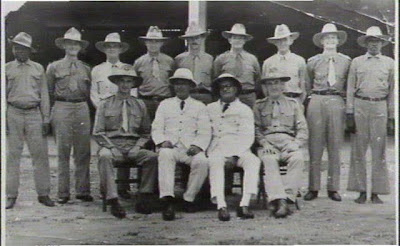
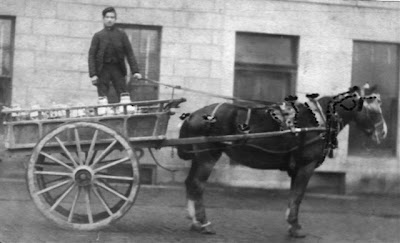
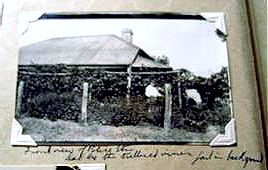
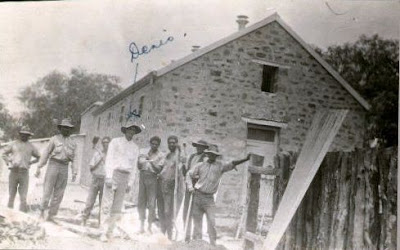



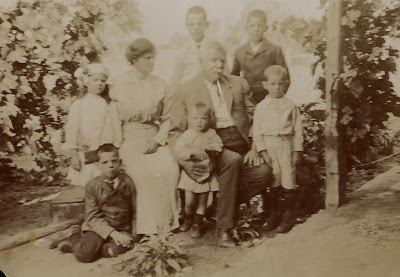

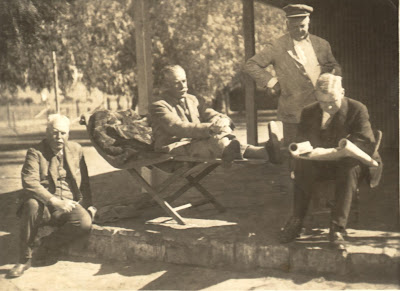

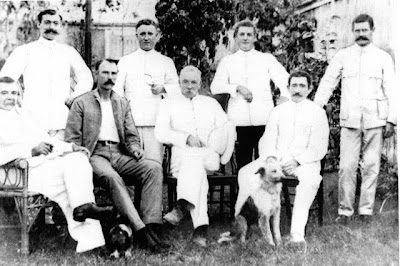
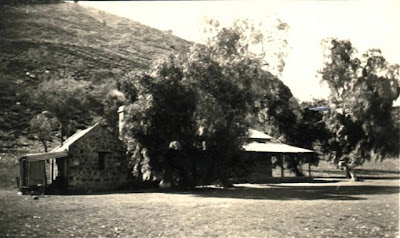
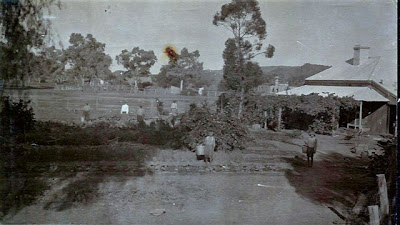


Comments